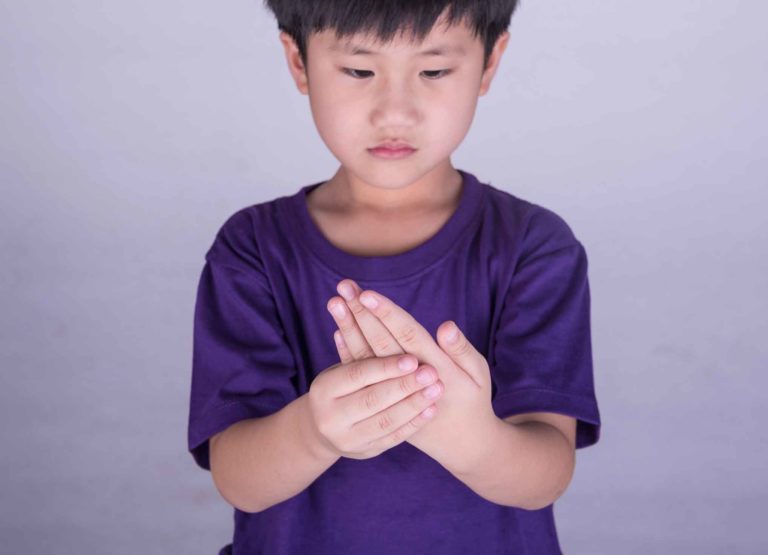
July is Juvenile Arthritis Awareness Month. We thought we would share a little more information with you about juvenile arthritis (JA) and the way it affects children across the country. Roughly 300,000 children are suffering from JA right now. Those children and their families face challenges every day. We use the month of July to bring awareness to this disorder and those suffering from it.
What Is Juvenile Arthritis?
JA is not a disease on its own. It is a term that describes all the autoimmune conditions, inflammatory conditions, and rheumatic diseases in children. These diseases fall under the category of JA when they occur in children under 16.
Each type of JA is different, but most share the same symptoms of pain, joint swelling, redness, and warmth. Here are a few common types of JA:
- Juvenile idiopathic arthritis is the most common form of JA.
- Juvenile lupus is an autoimmune disease that can affect the joints, kidneys, skin, blood, and other areas.
- Juvenile dermatomyositis is an inflammatory disease that can cause muscle weakness or a rash on the knuckles or eyelids.
- Kawasaki disease is a blood vessel inflammation that can lead to heart problems.
- Juvenile scleroderma can cause your skin to tighten or harden.
- Fibromyalgia is a chronic pain disorder that causes stiffness and aching. It can cause fatigue and difficulty sleeping.
There are no known causes linked to JA. Some research points to a genetic predisposition. There has been no evidence found to link toxins, foods, or allergies to developing JA.
How Is It Treated?
Sadly, there is no cure for JA. If the condition is discovered early on, aggressive treatments can help juveniles see remission. Most treatment options work to reduce inflammation and pain and try to improve the child’s quality of life. Treatment plans involve a variety of factors to help achieve the most success; medication, physical activity, and healthy eating work together to reduce symptoms.
The Arthritis Foundation
The Arthritis Foundation has included juvenile arthritis as one of its main pillars for help and research. This organization understands the needs of families who have a child who suffers from JA and it does everything it can to provide them with assistance. The foundation works with juveniles to educate them on conquering their illness at a young age and ways to maintain a healthy, happy life with JA. Learn more about JA and the Arthritis Foundation at www.kgat.org.
The information and content on our website should not be used as a substitute for medical treatment or advice from your doctor.




